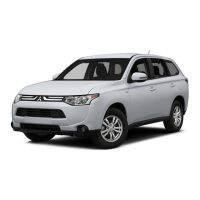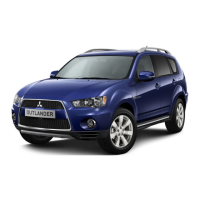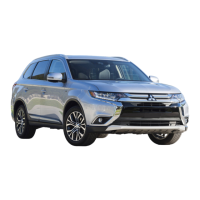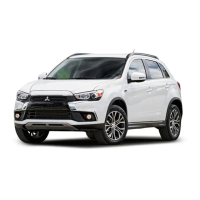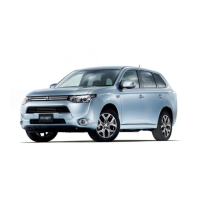Driving safety
4-17
4
Maximum trailer weight
Recommendations for towing up to this limit are as follows.
2.4 liter models
3.0 liter models
Tongue weight
The tongue weight of any trailer is important because it affects
the vehicle capacity weight.
The vehicle capacity weight includes any cargo you may carry,
and the people who will be riding in the vehicle. If you will tow
a trailer, you must include the tongue weight of the trailer in
your calculation of the vehicle capacity weight. For more infor-
mation regarding vehicle capacity weight, refer to “Tire and
loading information placard” on page 4-9.
Do not exceed the maximum tongue weight for your vehicle.
After you’ve loaded your trailer, weigh the trailer and then the
tongue, separately, to see if the weights are proper.
Keep the trailer tongue load at 10% of the loaded trailer weight
for dead weight hitches. Tongue loads can be adjusted by
proper distribution of the load in the trailer. This can be
checked by separately weighing the loaded trailer and then the
tongue.
Gross axle weight rating (GAWR)
The GAWRs are printed on the certification label which is riv-
eted on the door sill on the driver’s side.
Refer to “Vehicle labeling” on page 9-2.
Total trailer weight Trailer brake requirement
Up to 1,250 lbs. (567 kg) Trailer brake unneccessary
From 1,250 lbs. (567 kg) to
1,500 lbs. (681 kg)
Trailer brake necessary
Total trailer weight Trailer brake requirement
Up to 1,400 lbs. (635 kg) Trailer brake unneccessary
From 1,400 lbs. (635 kg) to
2,000 lbs. (907 kg)
Trailer brake necessary
(Front-wheel drive vehicles)
From 1,400 lbs. (635 kg) to
3,500 lbs. (1,588 kg)
Trailer brake necessary
(All-wheel drive vehicles)
Trailer brake
Maximum tongue weight
2.4 liter models 3.0 liter models
With trailer brake
(All-wheel drive vehicles)
150 lbs. (68 kg)
350 lbs. (159 kg)
With trailer brake
(Front-wheel drive vehicles)
200 lbs. (91 kg)
Without trailer brake 125 lbs. (57 kg) 140 lbs. (64 kg)
BK0122500US.book 17 ページ 2010年5月12日 水曜日 午前11時11分
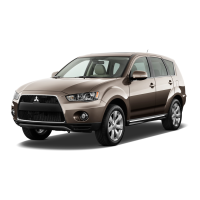
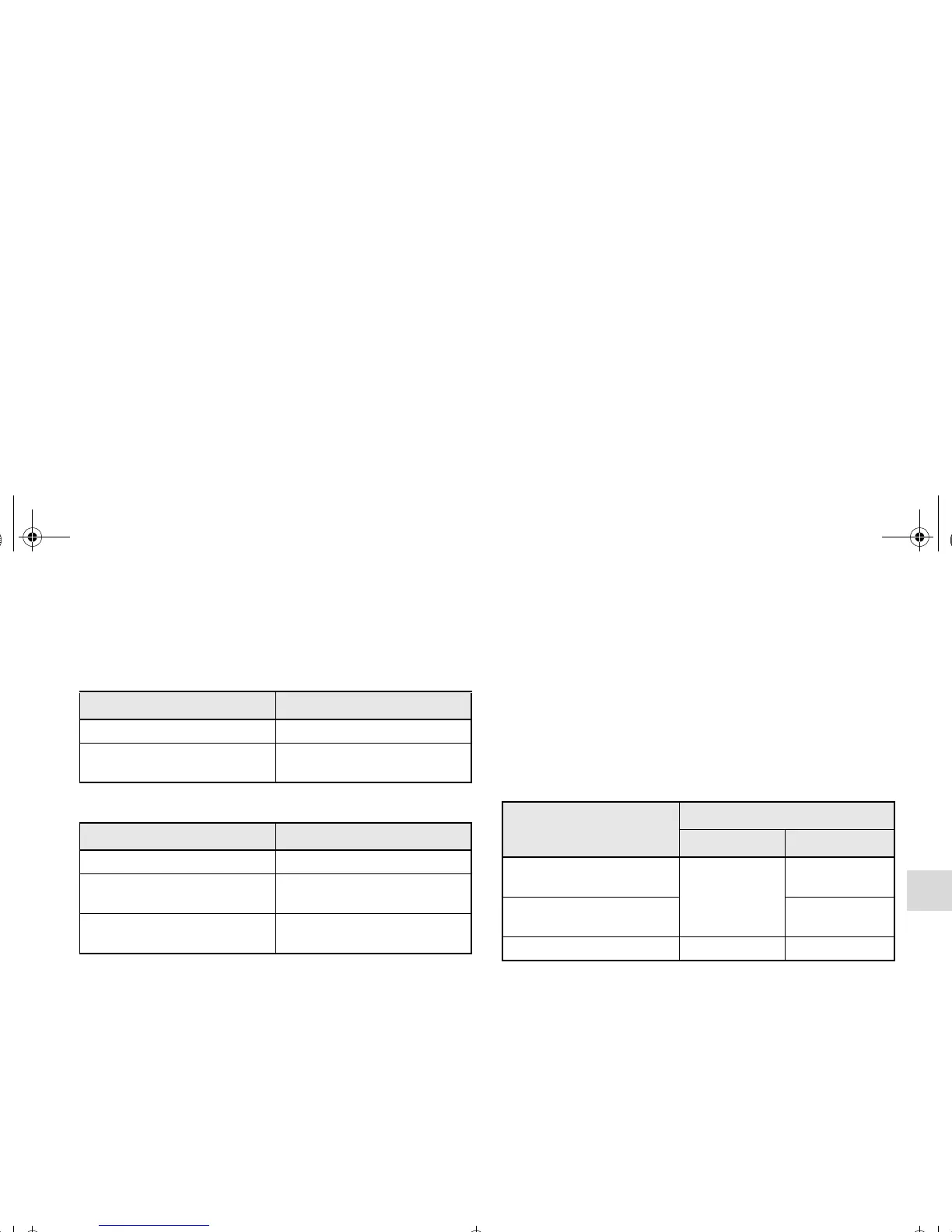